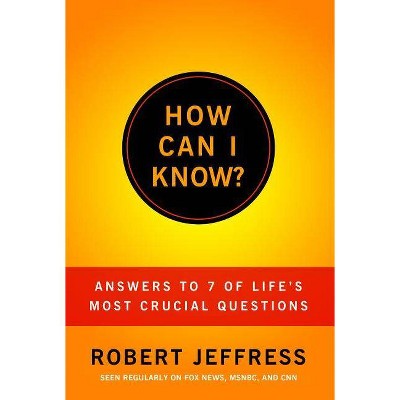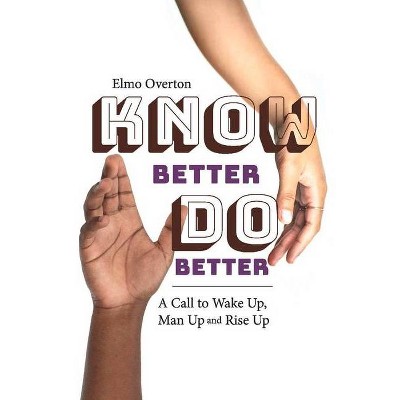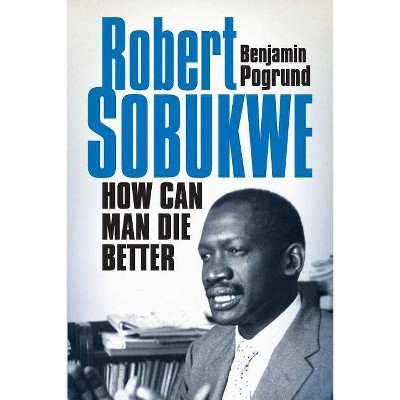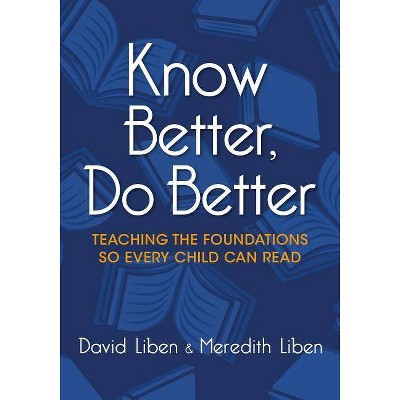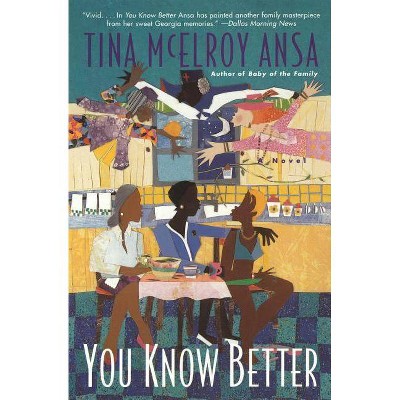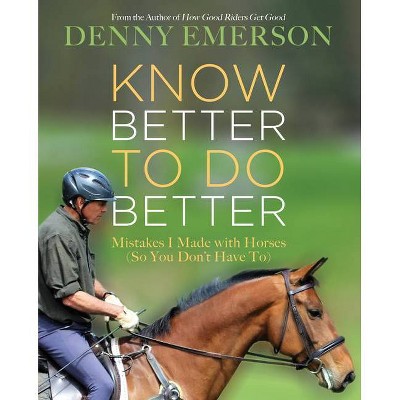Can We Know Better? - (Open Access) by Robert Chambers (Paperback)
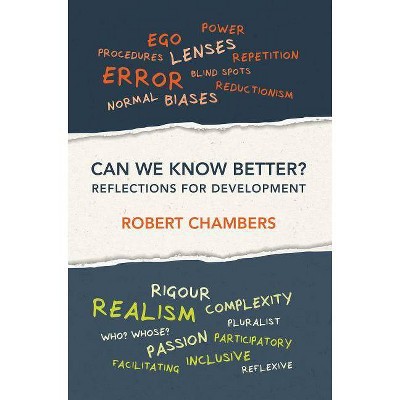
Similar Products
Products of same category from the store
AllProduct info
<p/><br></br><p><b> About the Book </b></p></br></br><p>This book is intended for all who are committed to human wellbeing and who want to make our world fairer, safer and more fulfilling for everyone.</p><p/><br></br><p><b> Book Synopsis </b></p></br></br><p>This book is intended for all who are committed to human wellbeing and who want to make our world fairer, safer and more fulfilling for everyone, especially those who are 'last'. It argues that to do better we need to know better. It provides evidence that what we believe we know in international development is often distorted or unbalanced by errors, myths, biases and blind spots. Undue weight has been attached to standardised methodologies such as randomized control trials, systematic reviews, and competitive bidding: these are shown to have huge transaction costs which are rarely if ever recognized in their enormity. Robert Chambers contrasts a Newtonian paradigm in which the world is seen and understood as controllable with a paradigm of complexity which recognizes that the real world of social processes and power relations is messy and unpredictable. To confront the challenges of complex and emergent realities requires a revolutionary new professionalism. This is underpinned by a new combination of canons of rigour expressed through eclectic methodological pluralism and participatory approaches which reverse and transform power relations. Promising developments include rapid innovations in participatory ICTs, participatory statistics, and the Reality Check Approach with its up-to-date and rigorously grounded insights. Fundamental to the new professionalism, in every country and context, are reflexivity, facilitation, groundtruthing, and personal mindsets, behaviour, attitudes, empathy and love. <br /> <br /> Robert Chambers surveys the past world of international development, and his own past views, with an honest and critical eye, and then launches into the world of complexity with a buoyant enthusiasm. He draws on almost six decades of experience in varied roles in Africa, South Asia and elsewhere as practitioner, trainer, manager, teacher, evaluator and field researcher, also working in UNHCR and the Ford Foundation. He is a Research Associate and Emeritus Professor at the Institute of Development Studies, University of Sussex, his base for many years. </p><p/><br></br><p><b> Review Quotes </b></p></br></br><br>"An indispensable book."--Duncan Green, Strategic Advisor, Oxfam, and author of How Change Happens (01/06/2018)<br><br>"Always prescient and always wise, Robert Chambers has given development scholars and practitioners yet another gift with this provocative call for 'a revolution in development knowing, thinking, and practice.' But what a commentary on development in practice that the supposed beneficiaries of development continue to be marginalized and dispossessed. Weep for them and their needless suffering - but read Chambers's new book and get into action!"--Dr. Robin Broad, International Development Program, American University<br><br>"T.S. Eliot famously asked, 'Where is the wisdom we have lost in knowledge? Where is the knowledge we have lost in information?' The answer: it is here, in this book, in the accumulated knowledge of Robert Chambers' six decades of experience and thinking about development, and in the great wisdom he brings to bear on the fantasies and foibles of practitioners, academics and funders. All of them should take time to read this important book and to think hard about what it means when they go back to their work."--Ian Smillie, author of The Alms Bazaar, Mastering the Machine and Diamonds, and President of the Canadian Association for the Study of International Development, 2015-17<br><br>"This book is a salvo against development smugness, much needed at a time when the Sustainable Development Goals are beginning to gain traction. Taking head-on the central question of how we know, and how that shapes what we do through development policy, Chambers employs his clear eye and gently acerbic tongue to show why development professionals need to be more humble, more self-reflexive, and more passionate about our mission."--Gita Sen, Distinguished Professor & Director, Ramalingaswami Centre on Equity & Social Determinants of Health, Public Health Foundation of India<br>
Price History
Cheapest price in the interval: 19.99 on October 23, 2021
Most expensive price in the interval: 19.99 on November 8, 2021
Price Archive shows prices from various stores, lets you see history and find the cheapest. There is no actual sale on the website. For all support, inquiry and suggestion messages communication@pricearchive.us
